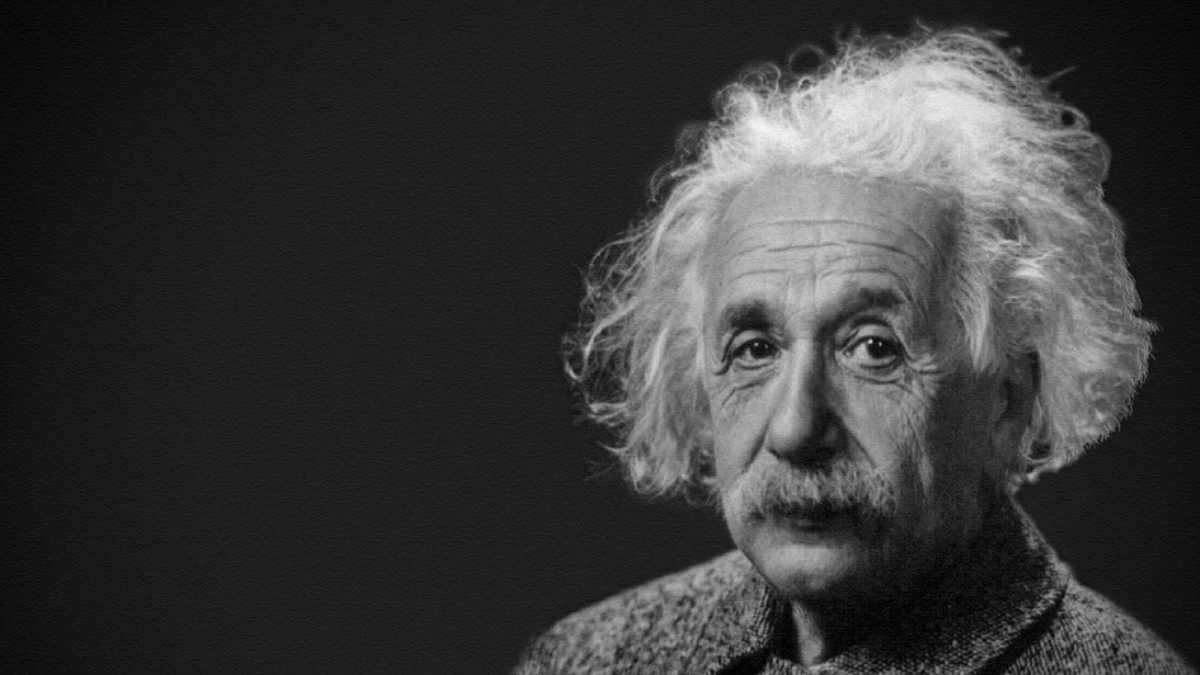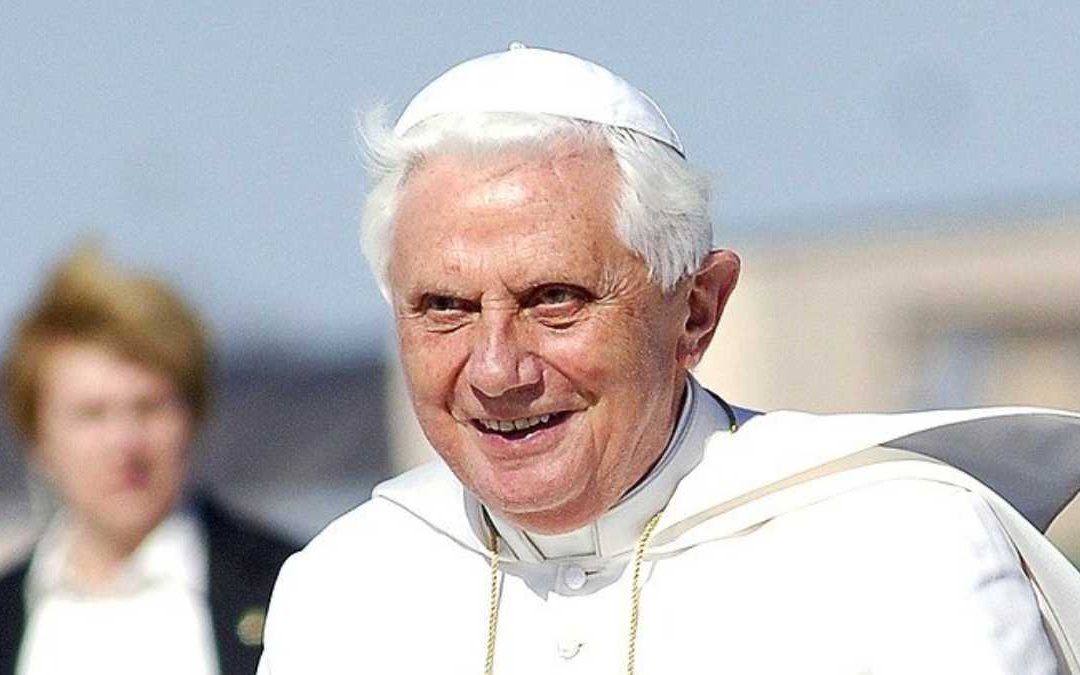One of the greatest scientists of all time was Albert Einstein. He made huge strides in uncovering the laws of nature and his positive impact on the world continues to this day. For example, all GPS navigators – including mobile applications like Google Maps – function by measuring the distance from one point on Earth to one of many satellites orbiting our planet. Without his Theory of Relativity, published in 1915, GPS systems would be off by kilometers. It is also worthwhile to know that Einstein had a sense of the transcendent.
In 1930, Einstein composed a kind of creed entitled “What I Believe,” at the conclusion of which he wrote: “To sense that behind everything that can be experienced there is something that our minds cannot grasp, whose beauty and sublimity reaches us only indirectly: this is religiousness. In this sense… I am a devoutly religious man.” In response to a young girl who asked him whether he believed in God, he wrote: “Everyone who is seriously involved in the pursuit of science becomes convinced that a spirit is manifest in the laws of the Universe – a spirit vastly superior to that of man.” And during a talk in a New York Seminary on the relationship between religion and science, Einstein declared: “The situation may be expressed by an image: Science without religion is lame, religion without science is blind.”
These reflections of Einstein – and he made many more like them throughout his career – bring the German physicist close to the position of a rather influential German theologian. In his 1968 book Introduction to Christianity, Joseph Ratzinger, who would later become Pope Benedict XVI, offered this simple but penetrating argument for God’s existence: the universal intelligibility of nature, which is the starting point of all science, can only be explained through recourse to an infinite and creative mind that has thought the world into being. No scientist, Ratzinger said, could even begin to work unless he assumed that the aspect of nature he was studying was knowable, intelligible, marked by form. But this fundamentally mystical assumption rests upon the conviction that whatever he or she comes to know through his scientific work is simply an act of re-thinking, re-cognizing, what a far greater mind has already conceived.
Ratzinger’s elegant proof demonstrates that, at bottom, religion and science are complementary, since both involve an intuition of God’s existence and intelligence. In fact, many have argued that it is no accident that the modern physical sciences emerged precisely out of the universities of the Christian West, where the idea of creation through the divine Word was clearly taught.










